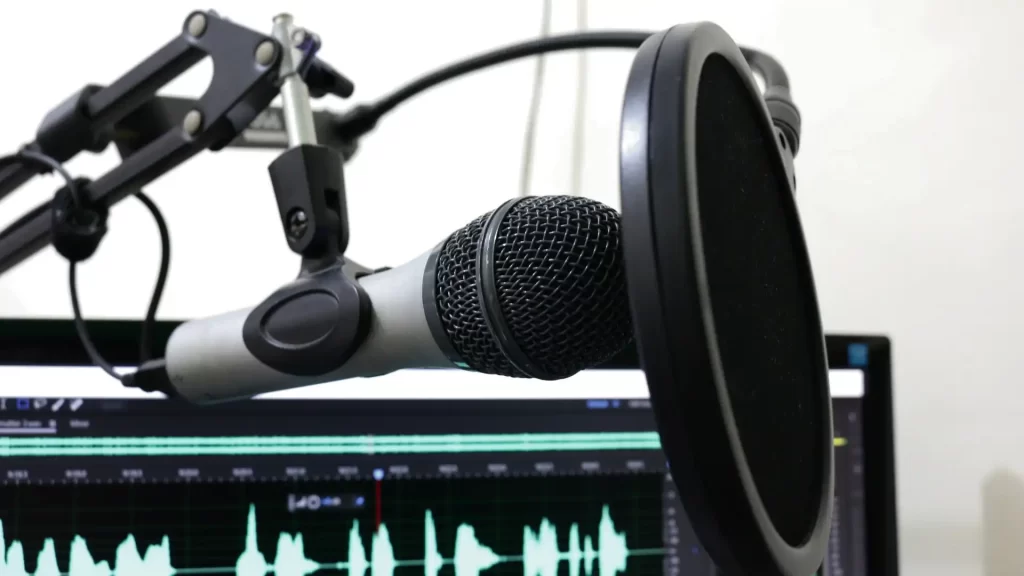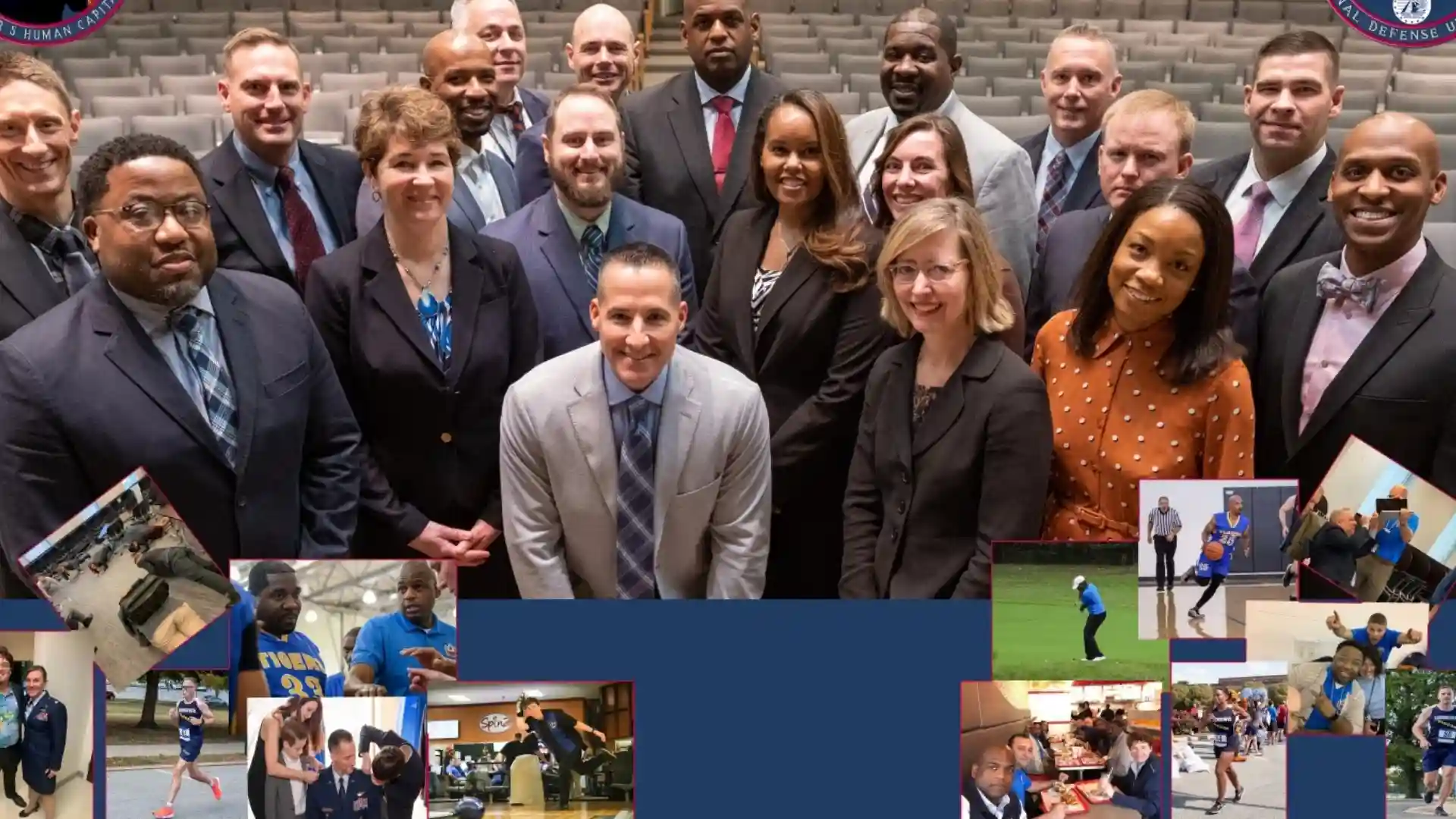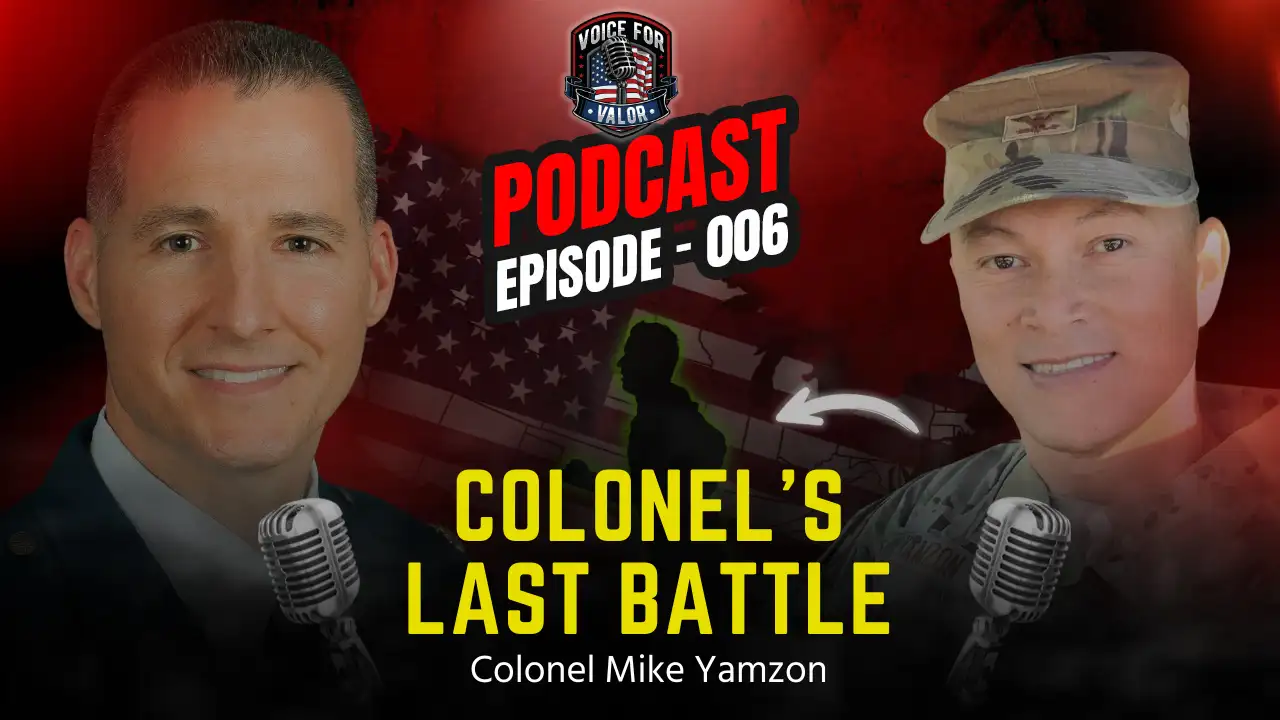Starting a podcast is an exciting adventure, but if you’re like most creators, you probably want to make money from it too. The good news is that even with a small audience, you can start generating income if you use the right strategies. When I launched my podcast, I had no idea how to monetize it. After experimenting with different methods—some of which worked and others that didn’t—I quickly realized that you don’t need millions of listeners to start making money. Let’s go through some of the best ways to turn your podcast into a profitable venture.
Table of Contents
ToggleSponsorships, Ads, and Affiliate Marketing
One of the easiest ways to make money with your podcast is through sponsorships and ads. Sponsors will pay you to talk about their products or services on your show. You’ve probably heard podcasters mention, “This episode is brought to you by…”—that’s a paid sponsorship. What many people don’t realize is that you don’t need a huge audience to land sponsorships. In fact, many brands prefer smaller, niche podcasts because they tend to have more engaged listeners.
Affiliate marketing is another excellent revenue option. This is where you promote a product, and when your listeners purchase through your unique affiliate link, you earn a commission. Think of it like being an influencer, but instead of posting pictures, you’re talking about products you genuinely like and use. I remember when I first started promoting a podcasting microphone I used, and within a few weeks, I made my first affiliate sale. It wasn’t a lot of money, but it proved that even with a small audience, there’s potential to make money.
Short Answer: Sponsorships and affiliate marketing can help you generate income, even if you have a small audience.
Paid Memberships and Premium Content
Another way to monetize your podcast is through paid memberships or premium content. If your audience enjoys your podcast, they might be willing to pay for exclusive content. This could include bonus episodes, behind-the-scenes footage, or early access to new shows. Platforms like Patreon make it easy to set up a membership structure, where listeners can pay a small monthly fee for special perks.
When I first launched my Patreon, I wasn’t sure if anyone would actually pay for extra content. But to my surprise, some of my most loyal listeners signed up right away! This was a powerful moment because it proved that people are willing to invest in content they truly value. Not only does this bring in money, but it also creates a stronger bond between you and your audience.
Short Answer: Offering premium content helps you earn money and build a deeper connection with your listeners.
Expanding Your Brand with a Website & Professional Branding
Your podcast isn’t just a series of audio episodes—it’s part of your brand. Having a website gives your audience a place to access your episodes, learn more about you, and even purchase merchandise. Plus, a well-optimized website can help attract new listeners who may have never heard of your podcast before.
Branding also plays a crucial role in monetization. A clean, professional website, a well-designed logo, and an active social media presence make you look more credible, which in turn attracts sponsors and potential collaborators. When I invested in a professional logo and revamped my website, I started seeing more sponsors reaching out to work with me. This investment made a massive difference in how people perceived my podcast.
Short Answer: A strong brand and professional website can increase your income potential and help you attract sponsors.
Merchandising
If you have an engaged audience, selling podcast merchandise can be a fun and profitable way to make money. T-shirts, mugs, hats, and other items featuring your podcast’s logo or popular catchphrases are a great way to offer your audience something tangible while earning extra income.
You don’t need to invest heavily in merchandise upfront. Platforms like Teespring or Printful allow you to create and sell custom products without worrying about inventory or shipping. Simply design your products, set up an online store, and promote it to your audience. I was surprised by how many people wanted to support my podcast by buying a shirt or mug with my logo on it—it’s an excellent way to monetize your fan base.
Short Answer: Merchandising lets you turn your podcast’s brand into a source of income with minimal upfront investment.
Crowdfunding
If your podcast has a dedicated and loyal fan base, you can consider using crowdfunding platforms like Kickstarter or GoFundMe to fund future episodes, seasons, or projects. Unlike memberships where listeners pay on an ongoing basis, crowdfunding typically involves one-time contributions in exchange for rewards or special content.
When I first started crowdfunding, I offered listeners exclusive behind-the-scenes content, shout-outs on episodes, and personalized messages in exchange for their contributions. While crowdfunding takes time and effort to organize, it can provide a significant cash boost, especially if you’re working on a special project, like a live event or a new podcast season.
Short Answer: Crowdfunding allows your audience to directly support your podcast in exchange for rewards.
Offer Consulting or Coaching Services
If your podcast is built around a particular area of expertise, you can offer consulting or coaching services to your audience. Whether you specialize in business, marketing, fitness, or personal development, your listeners likely view you as an authority on the subject. You can leverage this trust and offer one-on-one coaching, group sessions, or even online courses.
For example, I started offering podcast coaching services after noticing that many of my listeners were interested in starting their own shows. The inquiries turned into paid coaching sessions, which became another stream of income for me.
Short Answer: If you’re an expert in your field, you can monetize your podcast by offering coaching or consulting services.
Create a Paid Course or E-book
If your podcast focuses on a specific niche, you could develop a paid course or e-book that dives deeper into the topics you cover. This is a great way to leverage your expertise while providing value to your audience. You don’t need to be a professional educator to create a course—just make sure the content is high-quality and offers something unique.
I created an online course for people who wanted to learn how to start a podcast, and it became a successful revenue stream. My listeners were already engaged with my podcast, so it made sense to offer them something more comprehensive that would help them take their podcasting skills to the next level.
Short Answer: Paid courses or e-books offer in-depth content for your listeners, turning your knowledge into income.
Final Thoughts
Monetizing a podcast might seem challenging at first, but with the right strategies, even small podcasts can generate significant income. From sponsorships and affiliate marketing to paid memberships and selling merchandise, there are plenty of ways to start earning. The key is to provide value to your listeners, stay consistent with your content, and diversify your income streams.
Don’t be discouraged if you don’t make money right away—it takes time to build your audience and find the right methods that work for you. But with persistence and creativity, you can turn your passion for podcasting into a profitable business.
Short Answer: Monetizing your podcast takes time, but with the right strategies, you can turn your passion into a sustainable income stream.







